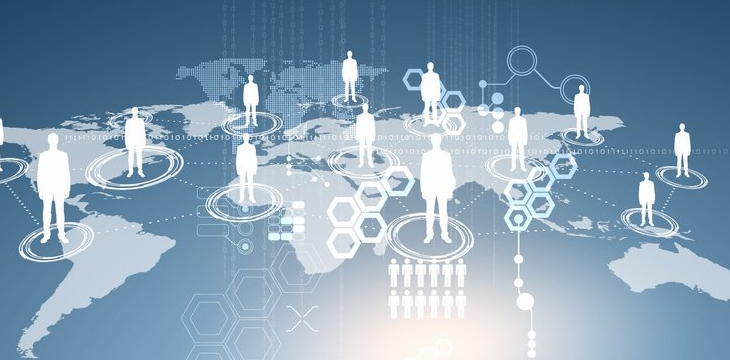This week, Donald Trump met Vladimir Putin in Helsinki, to ‘improve relations’ between the US and Russia.
The post-1989 world order, characterised by the United States as a sole superpower, is waning. Trump is explicitly irritated with “footing the bill” for NATO security. His comments about allies suggest that they are not sufficiently grateful to the US; that they rip off the US in trade deals; and in more than 100 instances, that they “laugh at” the US.
Other states are taking advantage of Trump’s desire to return to American isolationism, as Russia and China have begun to challenge US influence on a global level.
China, whose economy could surpass the US’s in 2029, looks an increasingly credible rival. Russia, as well, is able to project tremendous power despite having a weak economy, crippled by sanctions.
Russia has a long history of confronting the mainstream standards on cybersecurity, highlighted by their rejection of the Budapest convention, the only binding global document on cybercrime.
According to The Washington Post, one of the main reasons Russia rejected the convention, and instead tried to push for its own cyber-regulation treaty, was because it obstructed Russian sovereignty. Article 32 of the convention allows individuals to be owners of their data, while Russian officials believe it should be in the control of the government.
Russia also has a long history of alleged cybercrime. While Putin denied all accusations of Russian interference in the 2016 US Presidential Campaign, Special Counsel Robert Mueller indicted 12 Russians on charges of hacking into Democrats ‘emails and computer networks.’ When asked about the claims, Putin said he ‘will look into it.’
In 2017, Russia was identified as the source of the ‘NotPetya’ cyberattacks, which were initially targeted at Ukraine but later impacted the rest of the world. Putin has denied their involvement.
Trump has previously taken action against Russia for real-world aggression, such as the decision to expel some diplomats in solidarity with the UK after the poisoning of an ex-Russian spy on British soil (which Putin also denies).
But failure to match this vigilance online reinforces the sense that “anything goes” there.
Natalie Laing, a high-ranking official of the NSA, stated the US is not prepared to confront Russia in cyberspace; a worrying notion given the statements that the US should consider the warning signs surrounding the Russian hacking to be akin to those in place before the September 11 terrorist attacks. Experts suggest it is now the digital infrastructure of the US that is highly susceptible to a foreign attack.
Russia’s form of cyberwarfare is indicative of its growing dominance on the world stage. Trump seems disinterested in challenging Russia’s cyber activities. He openly invited Russia to hack Hillary Clinton's emails on stage on 27 July 2016. More recently, he stood next to Putin and berated the US intelligence community for suspecting Russia of any email hacks at all. Putin, the suspected culprit, had suggested to Trump that Putin might identify a culprit so that America wouldn’t have to. Trump called this ‘a very interesting idea’.





Leave a Comment